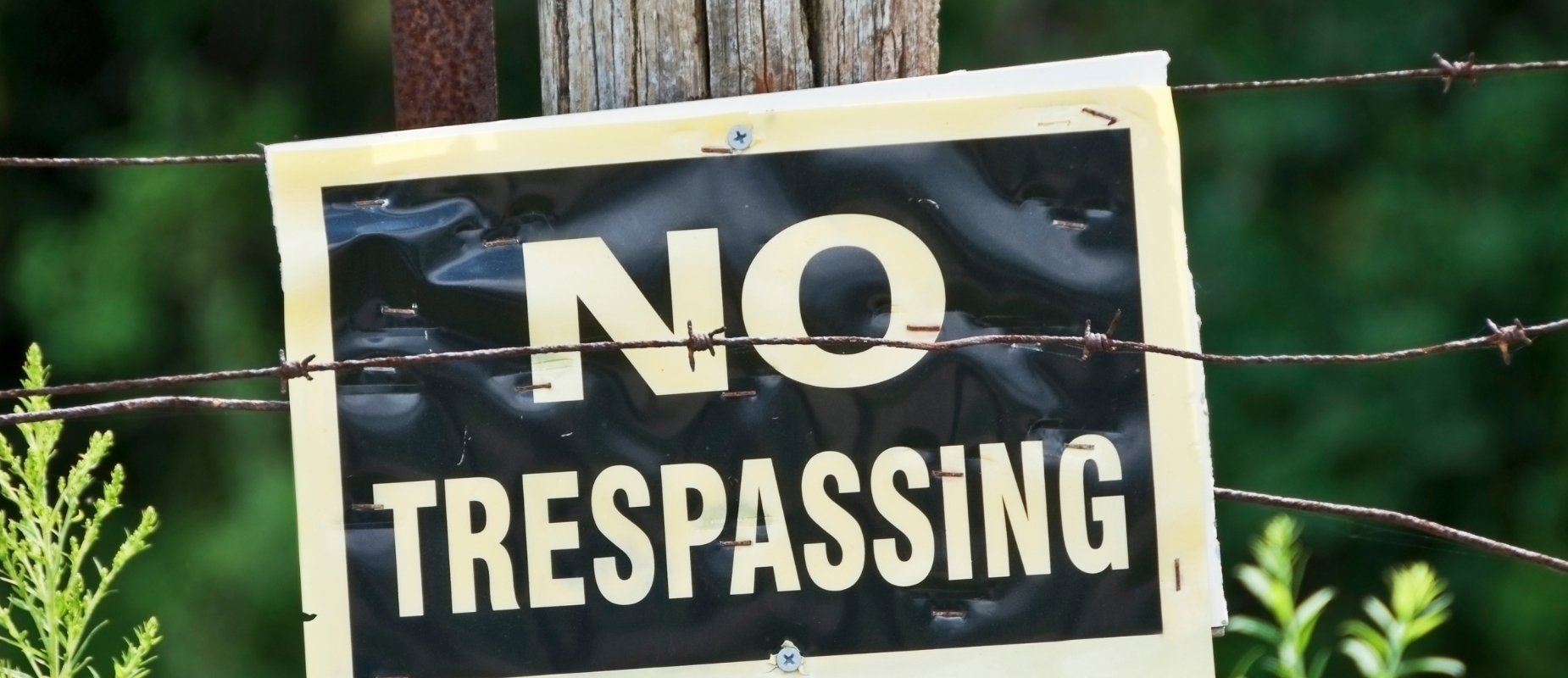
Understanding The Definition Of A Squatter: What Constitutes This Type Of Occupancy?
To safeguard your property in the real estate market of New York, it is crucial to know what a squatter actually is. A squatter is a person who trespasses onto a property without authorization or the law.
They might just move in while the house is empty, or they might force their way in. Because squatters lack a lease with the owner, they are not regarded as tenants.
Rather, they are regarded as trespassers and may be taken off the property by legal means. It is critical to comprehend the definition of squatters and how their occupancy is categorized in the real estate market of New York because in some situations, they may acquire specific rights through their occupancy and become more difficult to remove.
TABLE OF CONTENTS
- Understanding The Definition Of A Squatter: What Constitutes This Type Of Occupancy?
- The Legal Landscape: Exploring Squatter’s Rights In New York
- Analyzing The Impact Of New Legislation On Squatter’s Rights Claims
- Key Takeaways From Recent Changes To Squatter Laws In New York
- In-depth Articles On The Complexities Of Squatting In NYC
- Navigating The Grey Area: Examining New York’s Squatter Laws
- Footer Right: How Does This Affect Squatters’ Rights?
- A Case Study That Sparked Action: The Evolution Of New York’s Squatter Laws
- Things To Do In NYC As A Homeless Individual Or Squatter
- Job Opportunities For Those Living As Squatters In New York City
- Entertainment Options For Squatters In The Big Apple
- Understanding Your Rights As A Squatter In New York State And City
- Can You Evict A Squatter In New York State?
- What State Has The Shortest Squatter’s Rights?
- What Is Adverse Possession In New York?
- How To Make Squatters Uncomfortable?
The Legal Landscape: Exploring Squatter’s Rights In New York
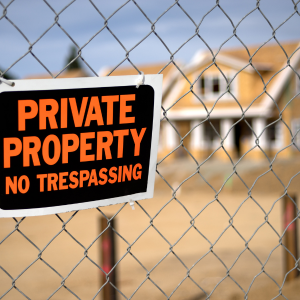
New York’s real estate market is highly competitive, so it’s important for property owners to know the ins and outs of squatter rights. Squatting is a multi-faceted problem with potentially devastating consequences for squatters and property owners alike.
As long as they’ve been there for a certain amount of time and have been openly and continuously occupying the property, squatters in New York may have some rights to stay. To counteract this, trespassers are not able to legally seize private property without the owner’s consent.
Both sides must have a firm grasp of the intricacies of squatters’ rights in the Empire State.
Analyzing The Impact Of New Legislation On Squatter’s Rights Claims
New legislation in the New York real estate market has had a significant impact on squatters’ rights claims. The state has strengthened laws to prevent squatters from illegally occupying the property.
Property owners now have the right to sue squatters who occupy their property without permission, thanks to new legislation. This includes filing for eviction and seeking compensation for damages caused by squatters.
Furthermore, property owners must now provide written notice to any potential squatters before taking legal action, giving them the opportunity to vacate the premises before facing repercussions. The proposed changes aim to empower property owners and discourage squatting in New York.
Key Takeaways From Recent Changes To Squatter Laws In New York
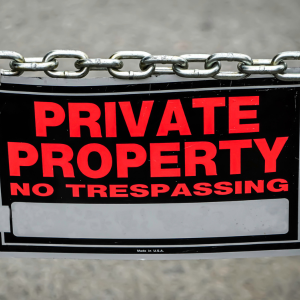
It is critical for property owners to stay informed about these changes and understand their rights when it comes to protecting their property from squats.
The new laws seek to streamline the process of removing squatters from properties, making it easier for property owners to reclaim their land. These changes offer landlords additional legal protection when dealing with illegal tenants or squatters.
Property owners must remain informed about these changes and understand their rights when it comes to protecting their property from squatters.
In-depth Articles On The Complexities Of Squatting In NYC
The new laws seek to streamline the process of removing squatters from properties, making it easier for property owners to reclaim their land. These changes offer landlords additional legal protection when dealing with illegal tenants or squatters.
Property owners must remain informed about these changes and understand their rights when it comes to protecting their property from squatters.
Squatting, or occupying another person’s property without their permission, is a contentious issue in New York City’s real estate market. While squatters are usually considered illegal, there are some situations in which they may be able to claim legal rights to the property they are occupying.
This is referred to as “adverse possession” or “squatter’s rights.” To gain property ownership, squatters must meet New York state law’s criteria.
These include occupying the property for at least 10 years, making improvements, and paying property taxes during that time. The complexities of squatting in NYC extend beyond meeting these requirements, as numerous legal loopholes and challenges can arise.
When it comes to this complex issue in New York’s real estate market, both property owners and potential squatters must be aware of their rights and responsibilities.
Navigating The Grey Area: Examining New York’s Squatter Laws
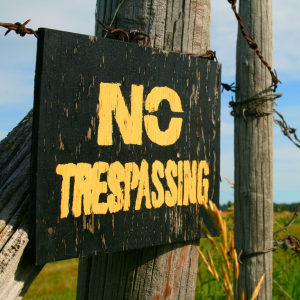
Property owners can find it hard and confusing to figure out the gray areas of New York’s squatter laws. With the city’s real estate market on the rise, squatters’ rights have become a bigger problem.
When you squat, you live or use someone else’s property without their permission. Even though it looks like a clear case of trespassing, New York has laws that protect squatters in some situations.
These laws are meant to strike a balance between property owners’ rights and the need for cheap housing in a city that is growing and getting more expensive all the time. Still, it can be hard for both property owners and squatters to understand these laws and follow them.
No matter who is involved in a possible squatter situation, they need to know the law inside and out to protect their property and stay out of trouble with the law.
Footer Right: How Does This Affect Squatters’ Rights?
In New York’s competitive real estate market, property owners must be aware of their rights when it comes to protecting their land from squatters. However, understanding how footer rights affect these squatters’ rights is crucial.
Footer rights refer to the area of land underneath a building, which is often overlooked by property owners. This space can potentially be utilized by squatters to claim possession and establish their right to stay on the property.
Therefore, it is important for property owners to properly secure and monitor all areas of their land, including the footer, to avoid any potential legal disputes with squatters. By taking proactive measures, property owners can protect their investments and avoid any complications with squatters’ rights in New York’s real estate market.
A Case Study That Sparked Action: The Evolution Of New York’s Squatter Laws
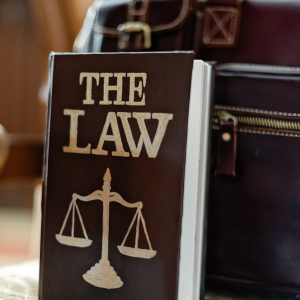
Squatters’ rights in New York’s real estate market have been a very controversial subject for a long time. But the laws about this issue didn’t start to change until a well-known case sparked action.
People who didn’t own the property took over an empty building on the Lower East Side in 2002, saying they had the right to be there because of New York’s adverse possession law. The case brought to light the flaws and contradictions in the state’s squatter laws, which led lawmakers to take action.
A lot of changes were made to protect property owners better and stop people from squatting in the future. These changes included making it harder to prove adverse possession and making it more serious to live on someone else’s property without permission.
New York’s changing squatter laws are a lesson in how important it is to know and protect your property rights in a real estate market that is always changing.
Things To Do In NYC As A Homeless Individual Or Squatter
As a homeless person or squatter in New York City, you must understand your rights and take the necessary steps to protect any property you may be occupying. Learn about the city’s squatting and trespassing laws.
It is also advisable to maintain a low profile and avoid drawing attention to oneself. Furthermore, finding a dependable source of shelter, such as abandoned buildings or community-run shelters, can provide some stability while navigating the housing market.
As a squatter, you must keep the property you are occupying in good condition and avoid causing damage or disturbance. In the event of a legal issue, seeking help from organizations or lawyers who specialize in housing rights can help protect your interests.
Job Opportunities For Those Living As Squatters In New York City
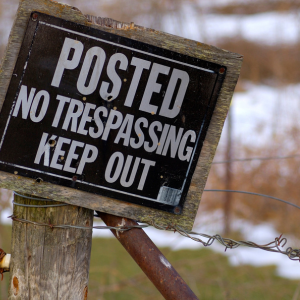
Being a squatter in New York City can be a difficult and uncertain experience, but it also provides unique job opportunities for those seeking to earn a living while living on someone else’s property. Although squatting is illegal, many people choose to take the risk in order to save money on housing costs.
For these people, there are a variety of job opportunities in the city, such as working in construction or maintenance for landlords who may ignore their living conditions. Furthermore, some squatters have found work in property management or caretaking for abandoned buildings or properties.
However, before pursuing any job opportunities in New York City’s real estate market, squatters must first understand their rights and the potential consequences of their behavior.
Entertainment Options For Squatters In The Big Apple
For squatters in New York’s real estate market, there are numerous entertainment options in the city. Squatters have found innovative ways to use the empty spaces they occupy, ranging from exploring abandoned buildings and creating art installations to hosting community events and performances.
Furthermore, because New York is a melting pot of cultures and a vibrant nightlife, squatters can easily immerse themselves in the city’s thriving entertainment scene, which includes concerts, shows, and festivals. To avoid legal ramifications, squatters must understand their rights and responsibilities when it comes to occupying property without permission.
By understanding the laws governing squatting in New York, squatters can continue to enjoy the city’s various entertainment options while protecting their rights as occupants of these properties.
Understanding Your Rights As A Squatter In New York State And City
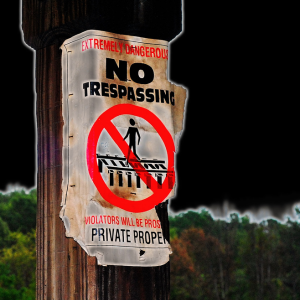
Squatters’ rights have emerged as a major concern in New York’s real estate market. Squatting is the act of occupying and living on another person’s property without their permission or legal rights.
Both New York State and the City have specific laws protecting squatters and property owners. Squatters can occupy a property if they’ve lived there for at least 30 days and it’s abandoned or vacant.
Squatters must understand that they do not own the property and can be evicted at any time. Squatters must also maintain the property and pay any bills that are due, such as utilities, in order to establish their right of occupancy.
Both property owners and squatters must understand their rights in order to avoid legal problems and protect their interests in New York’s competitive real estate market.
Can You Evict A Squatter In New York State?
Understanding one’s legal rights is crucial for property owners in New York’s cutthroat real estate market. Conflicts with squatters, who live on someone else’s property without permission, are common.
Some New York property owners may be confused about their legal options when dealing with squatters. Unfortunately, it can be a lengthy and intricate process, but the answer is yes.
For property owners to effectively handle these situations and protect their valuable assets, it is crucial to understand squatters’ rights in New York.
What State Has The Shortest Squatter’s Rights?

New York is famous for its thriving real estate market, where properties sell at record-breaking prices. However, one aspect that is frequently overlooked is the issue of squatters’ rights.
Many property owners are unaware of the laws governing this issue, and they may find themselves in a difficult situation if they encounter squatters on their property. Surprisingly, New York has some of the shortest squatters rights in the country.
This means that property owners are better protected against individuals attempting to claim ownership of their land through adverse possession. Understanding these laws and taking the necessary precautions can save property owners from legal battles while also protecting their valuable assets in the competitive New York real estate market.
What Is Adverse Possession In New York?
Adverse possession, also known as squatters’ rights, is a legal concept that allows someone to take ownership of a property by occupying it for an extended period of time without the owner’s permission.
In New York, adverse possession occurs when someone occupies a property for at least ten years and meets certain criteria, such as openly and notoriously using the property as their own and paying property taxes on it.
This can be a complex issue in New York’s competitive real estate market, where properties are in high demand and ownership disputes can arise.
Understanding adverse possession is critical for both property owners and prospective buyers in order to protect their interests and avoid unnecessary legal disputes over ownership.
How To Make Squatters Uncomfortable?
Understanding squatters’ rights is essential for protecting your property in New York’s competitive real estate market. These people frequently take advantage of abandoned or unoccupied properties, causing problems for property owners.
However, there are ways to make squatters uncomfortable and prevent them from occupying your property. For starters, using locks and fences to secure your property can prevent potential squatters from easily accessing it.
Furthermore, keeping the property well-maintained and regularly inspecting it can indicate that it is being monitored and discourage any illegal occupation. It is also critical to be aware of any changes in occupancy or suspicious activity on your property and take immediate action to remove any unauthorized occupants.
By remaining vigilant and taking preventative measures, you can protect your property while avoiding the complications of squatters’ rights in New York’s real estate market.
These findings apply throughout New York State, including in cities such as New York, Buffalo, Rochester, Yonkers, Syracuse, Albany, and nearby areas. For more assistance, please call us at (631) 336-9166 or visit our website.
More Resources For Sellers In New York
| SQUATTER’S RIGHTS | SQUATTERS’ RIGHTS | SQUATTER RIGHTS | HOSTILE POSSESSION | OPEN AND NOTORIOUS | NOTICE TO QUIT |
| EVICTING | TENANCY | LICENSEE | COURT | APARTMENT | QUEENS |
| BUDGET | LEGAL TITLE | RENT | LANGUAGE | POLICE | |
| ATTORNEYS | SHERIFF | RON KIM | REAL PROPERTY | LEGISLATURE | KATHY HOCHUL |
| HOCHUL | COMPLAINT | SEN. | SENATE | AMERICAN | REASON |
| PROPERTY LAW | REAL PROPERTY LAW | POLICE OFFICER | NEWS | TENANTS RIGHTS | TENANT RIGHTS |
| JOHN LIU | FLUSHING | FEE | THE NEW YORK | SQUATTERS RIGHTS IN NEW | NOT INCLUDE A SQUATTER |

